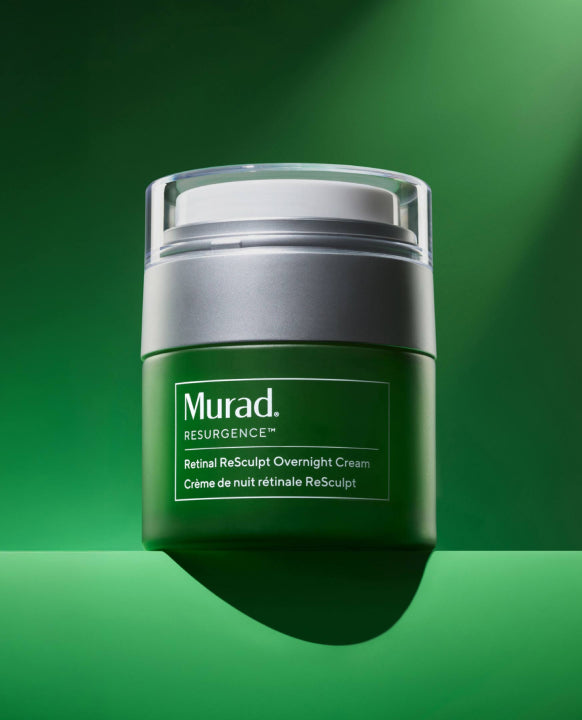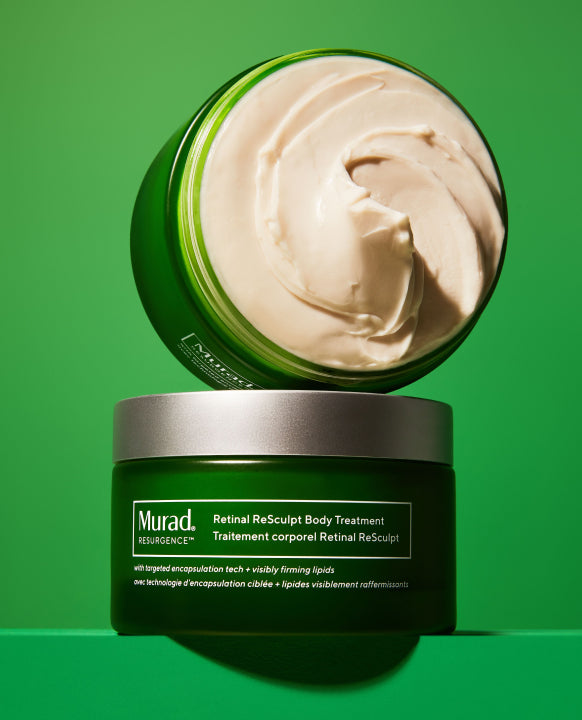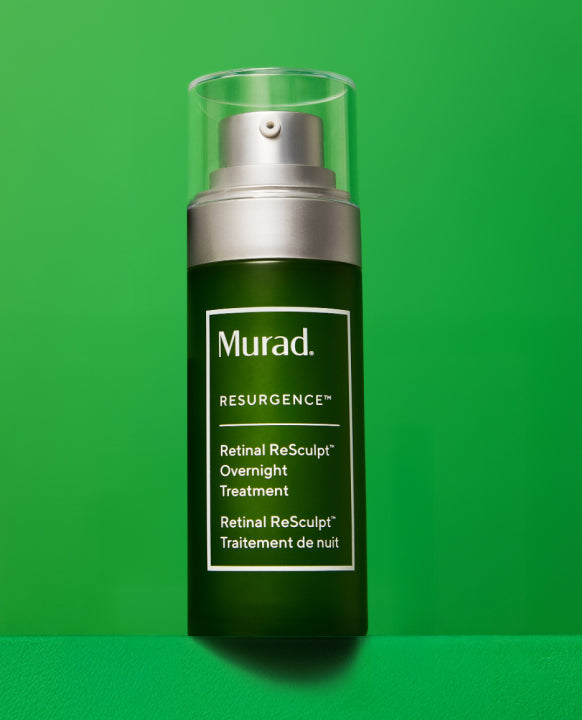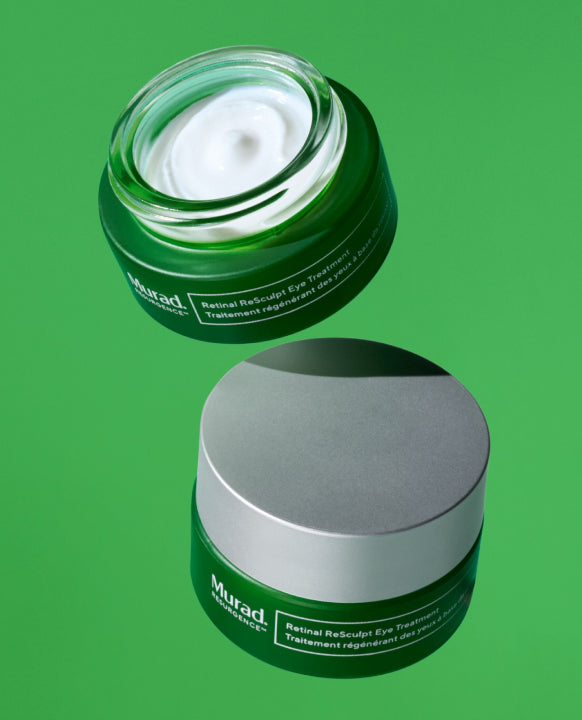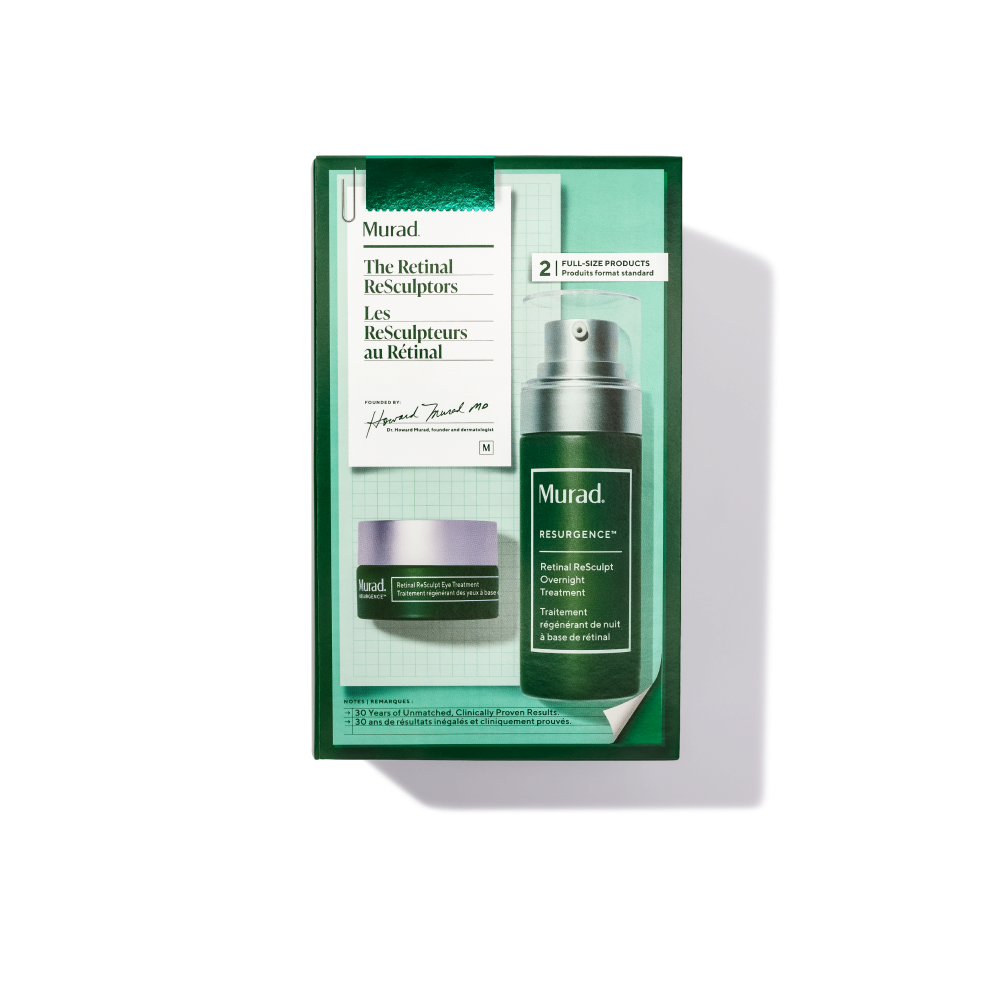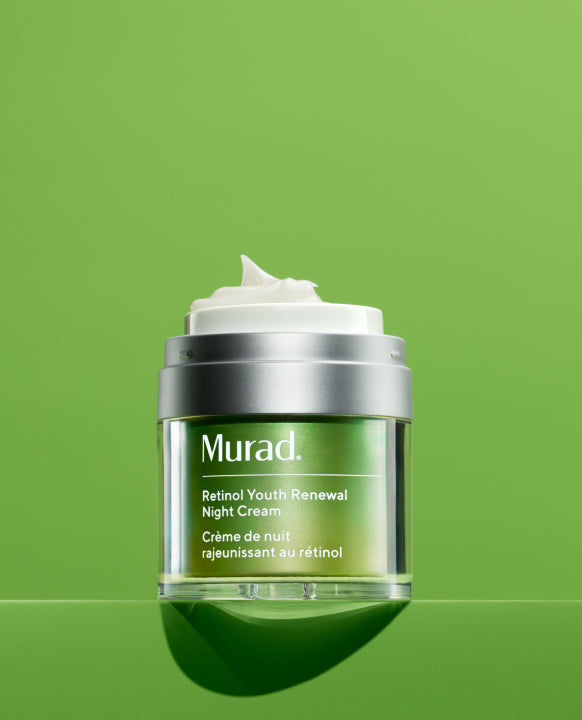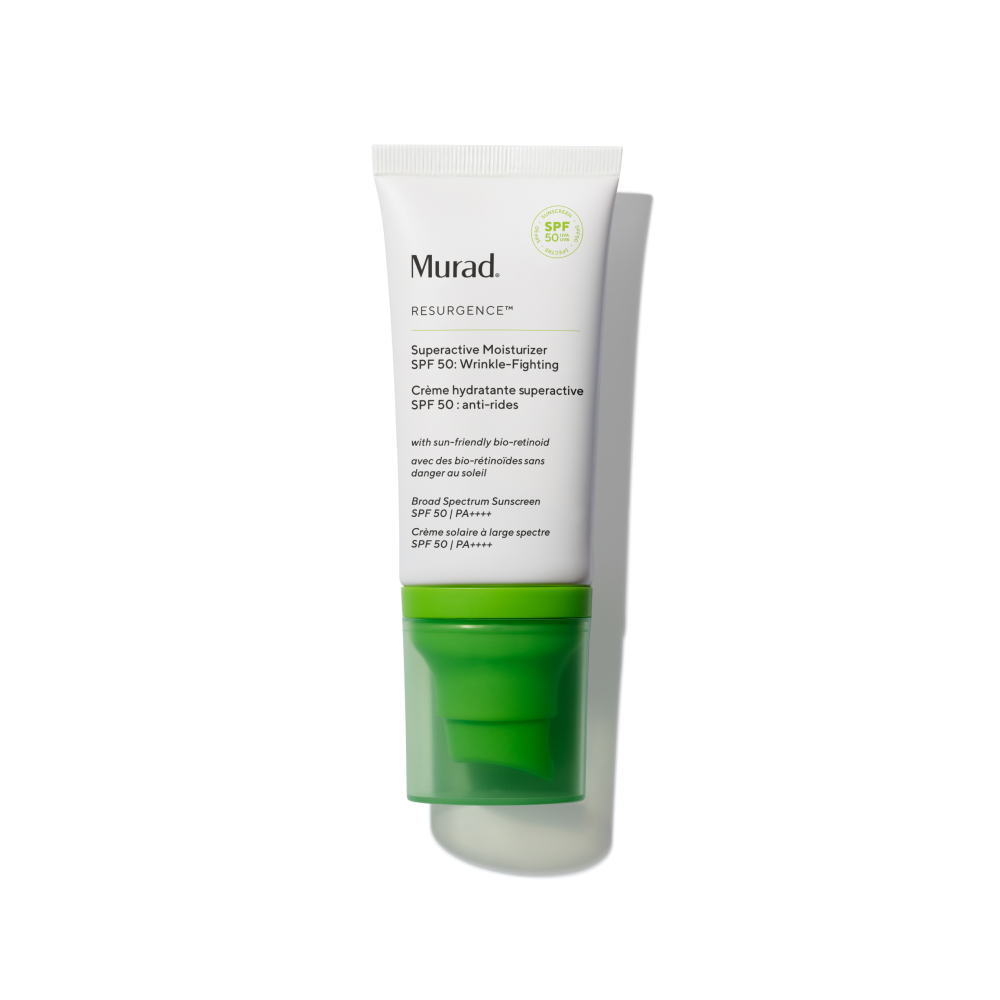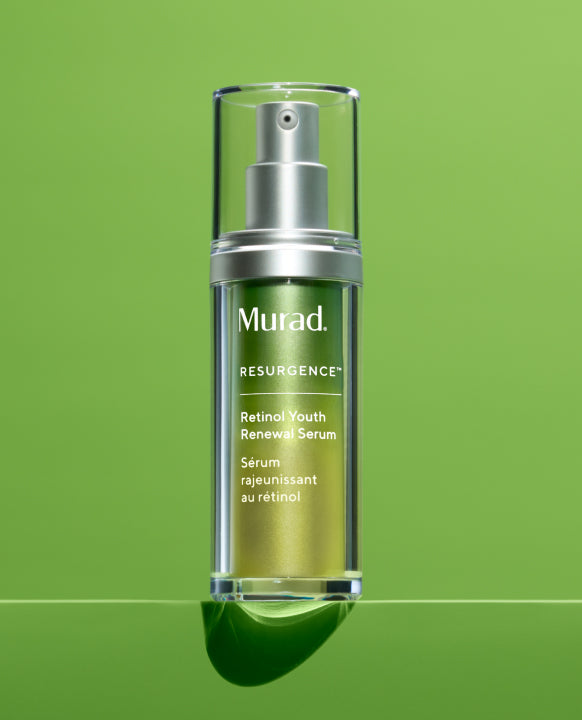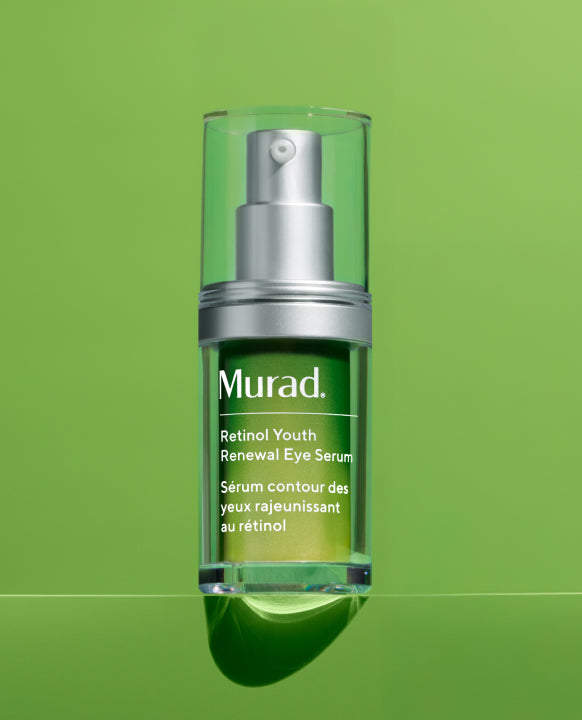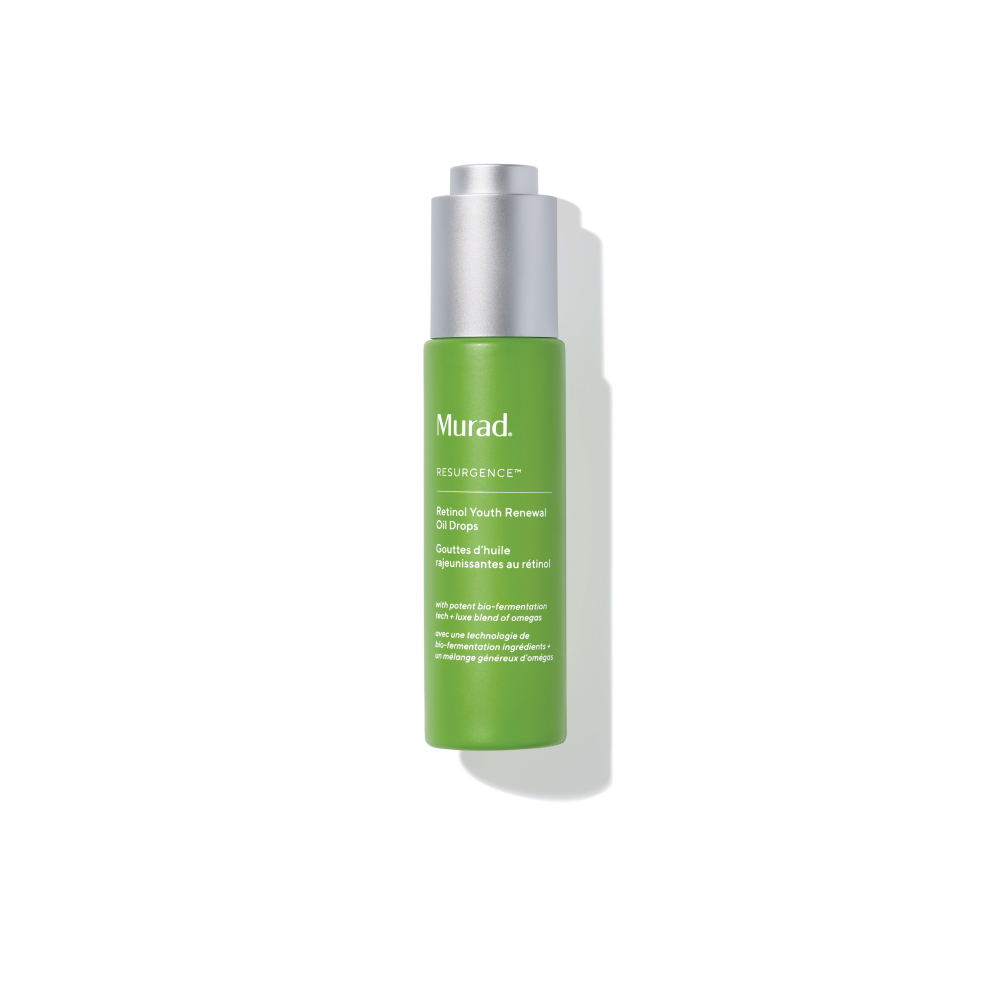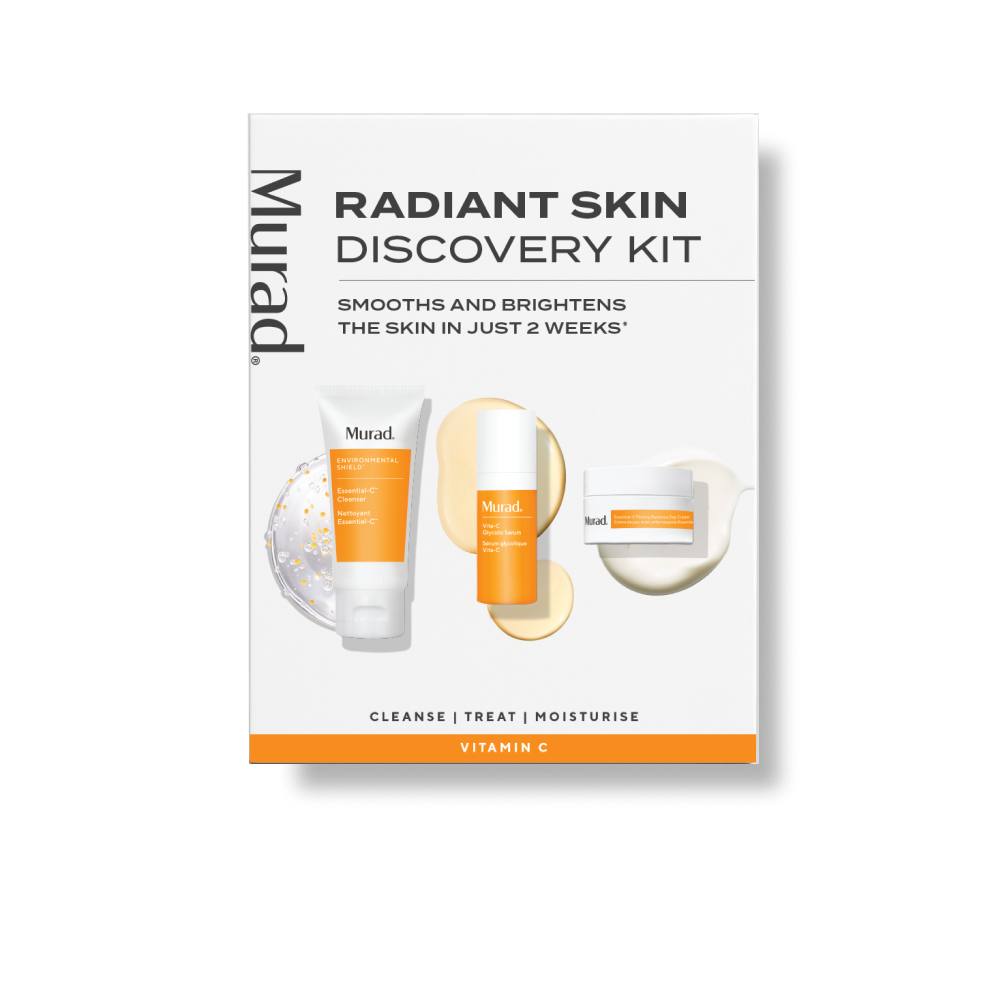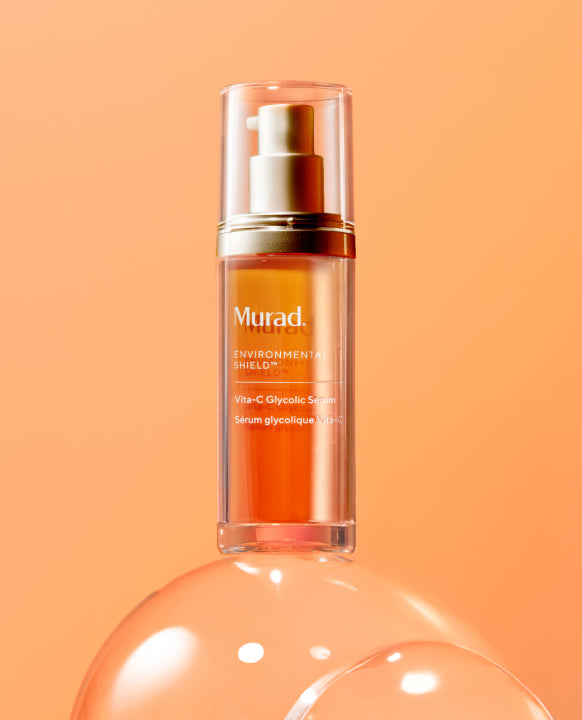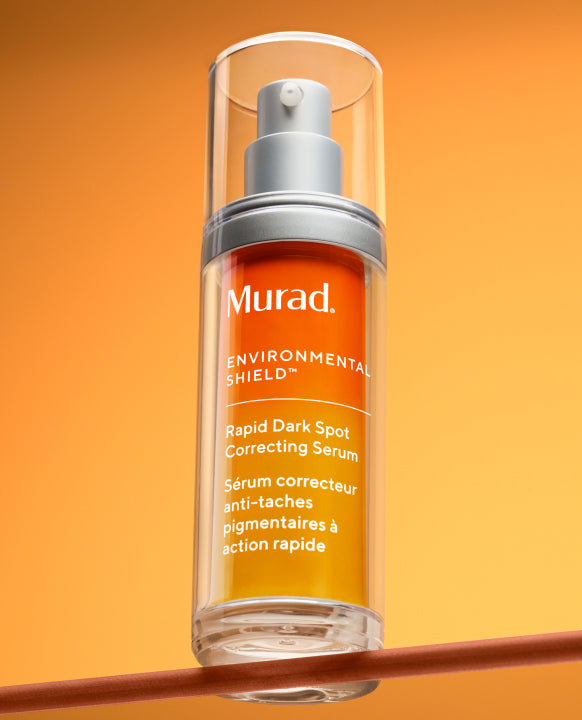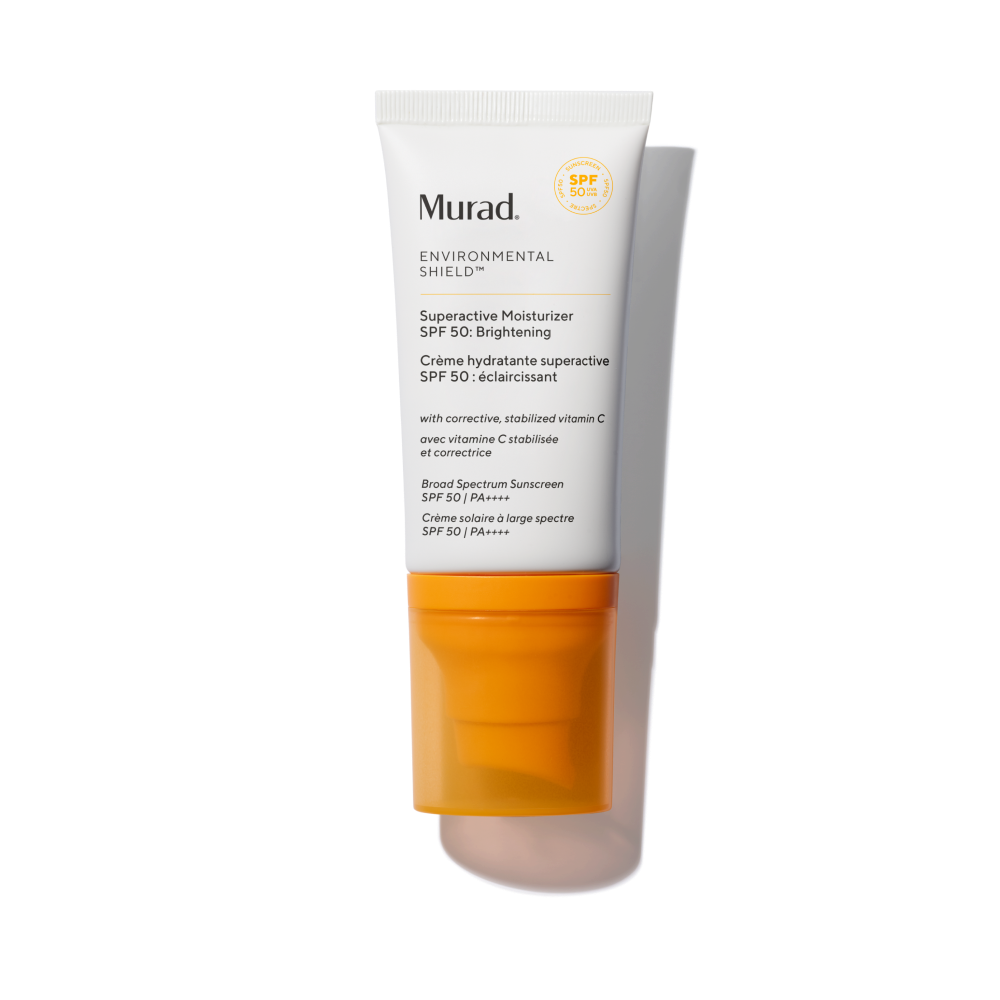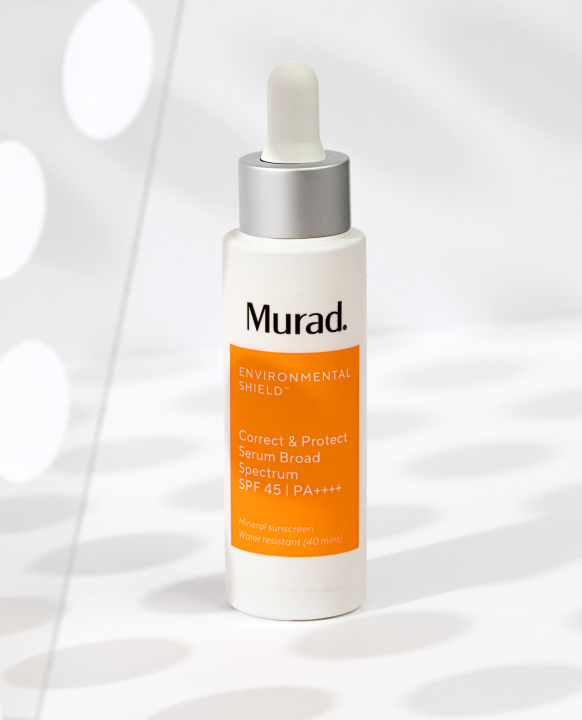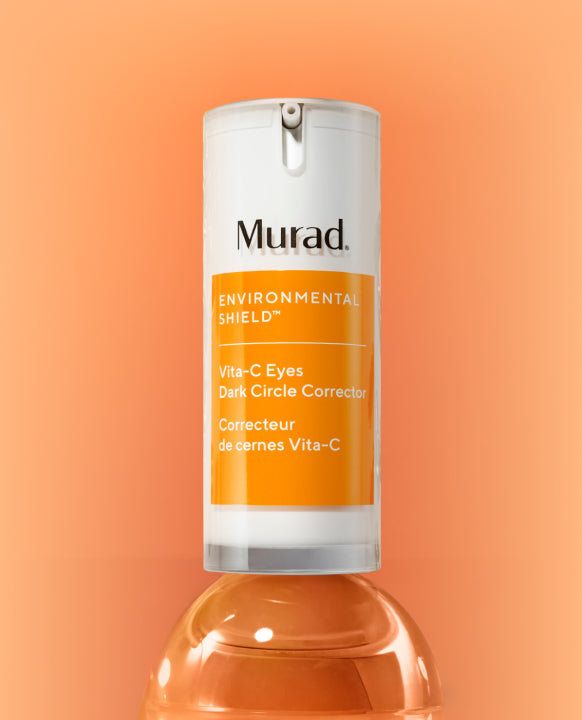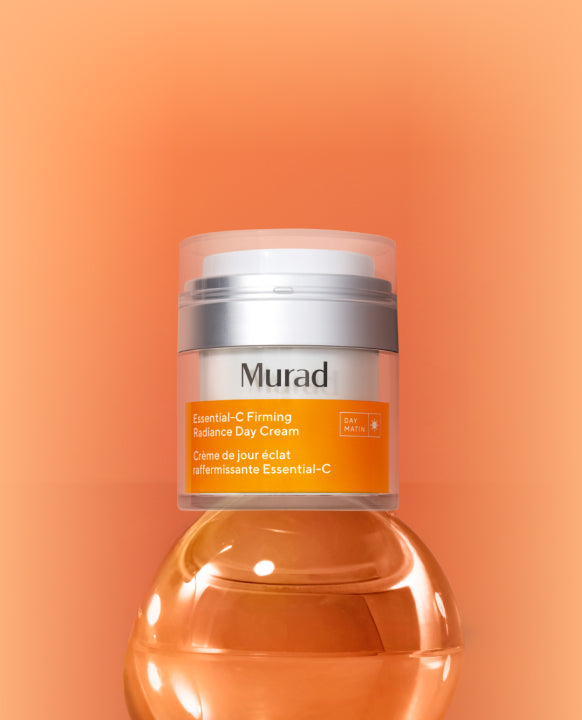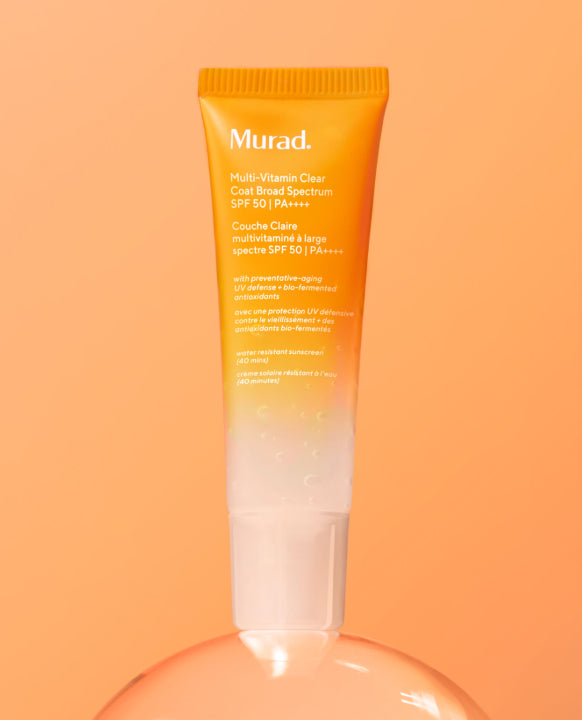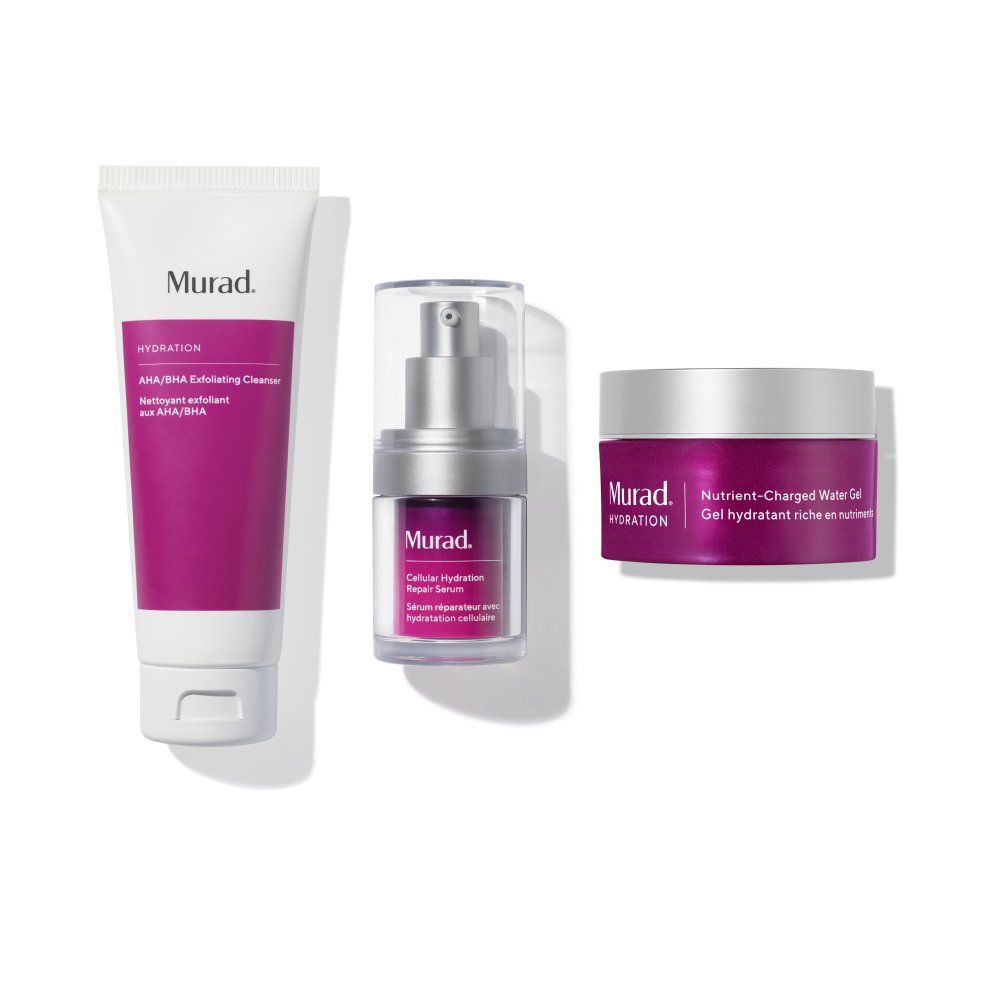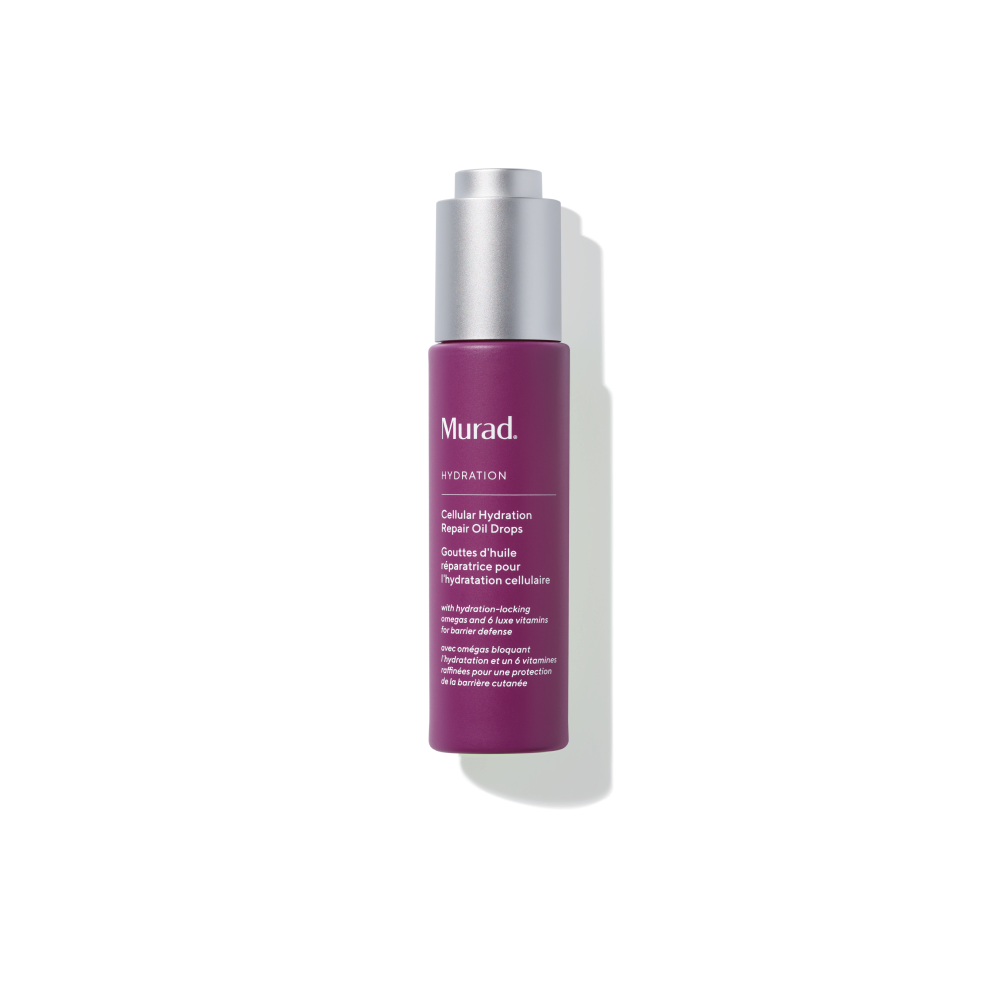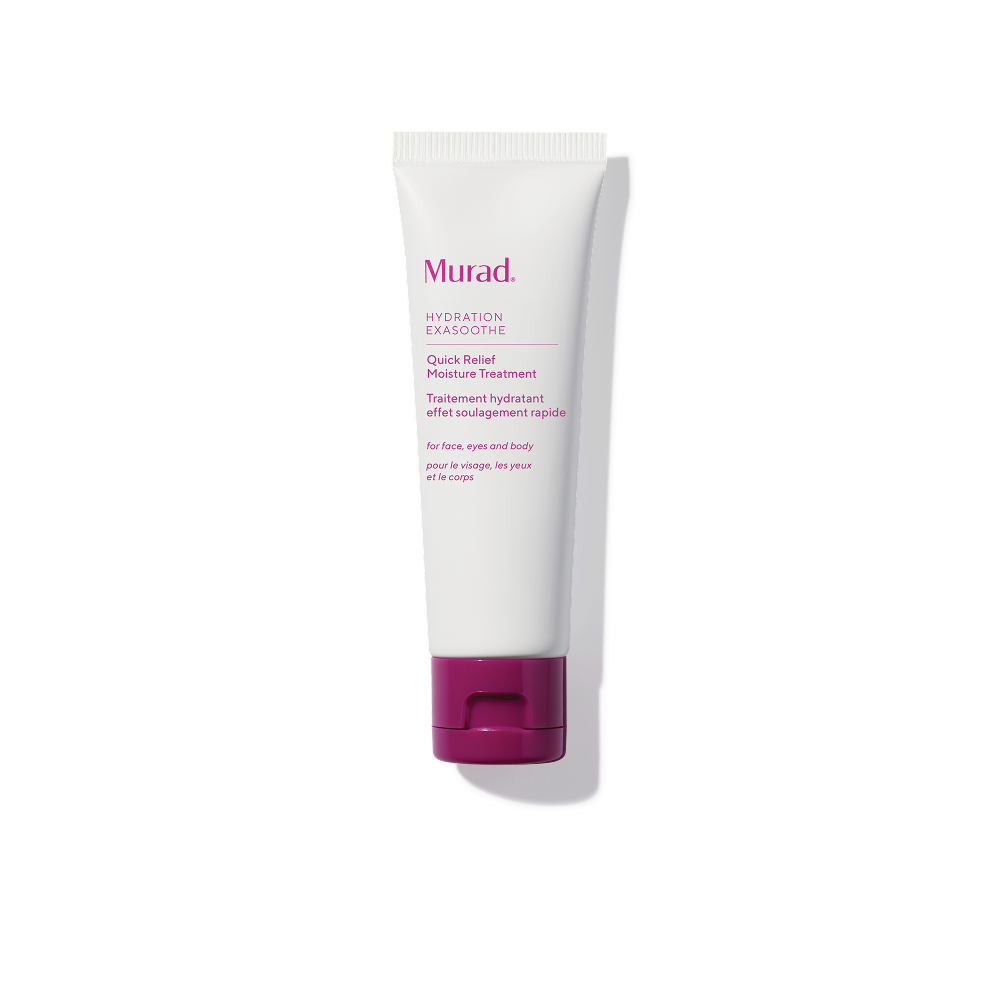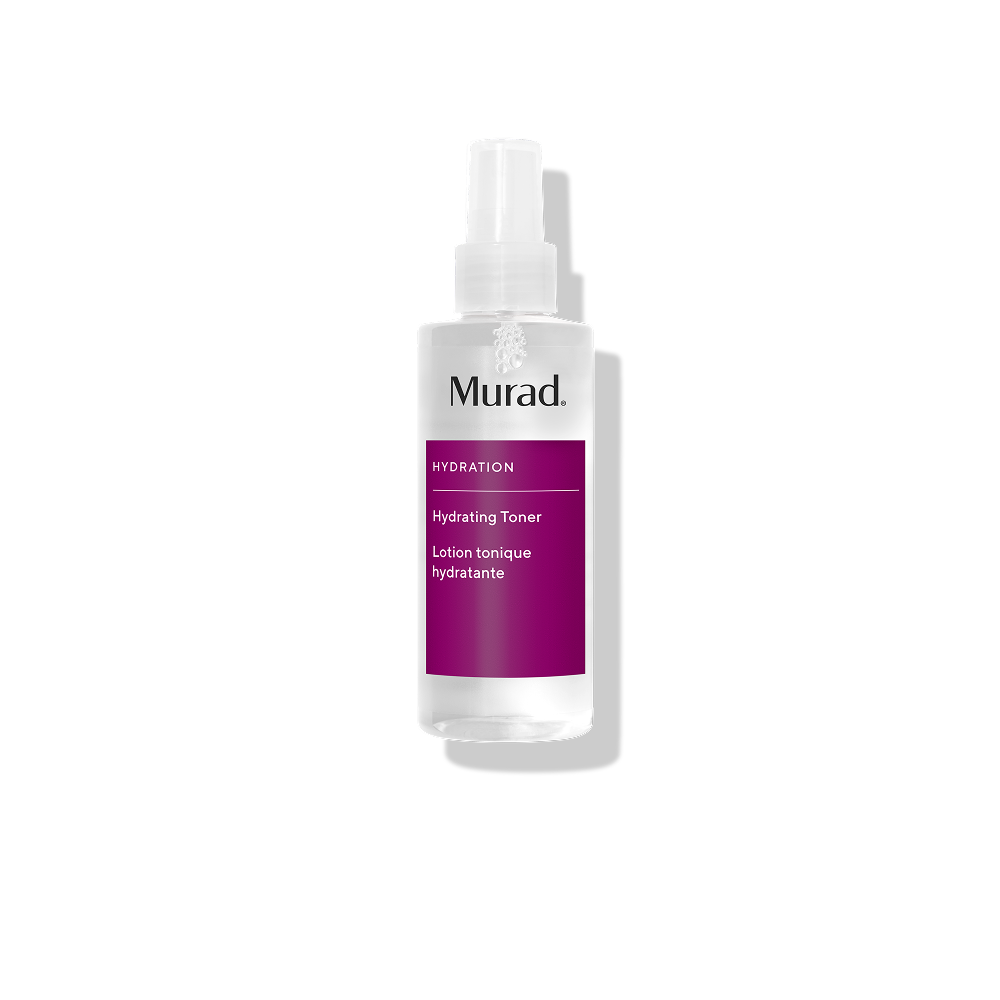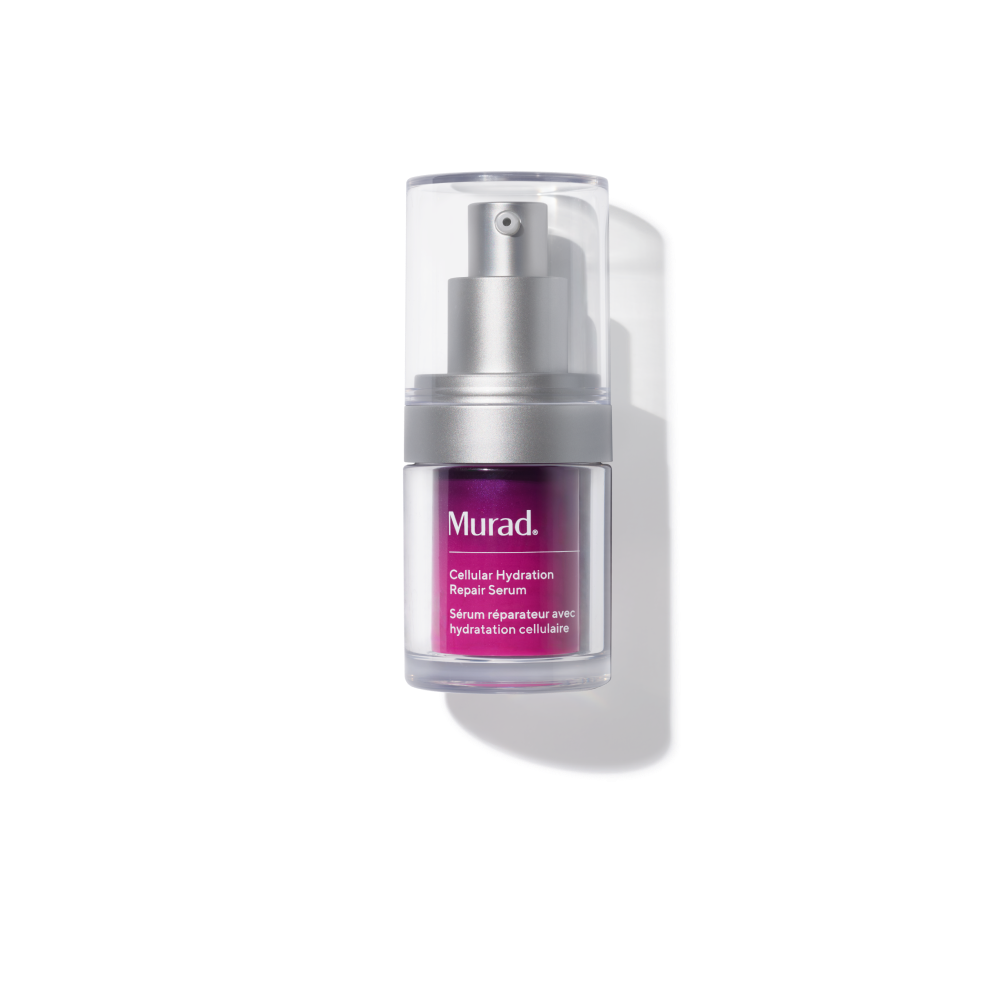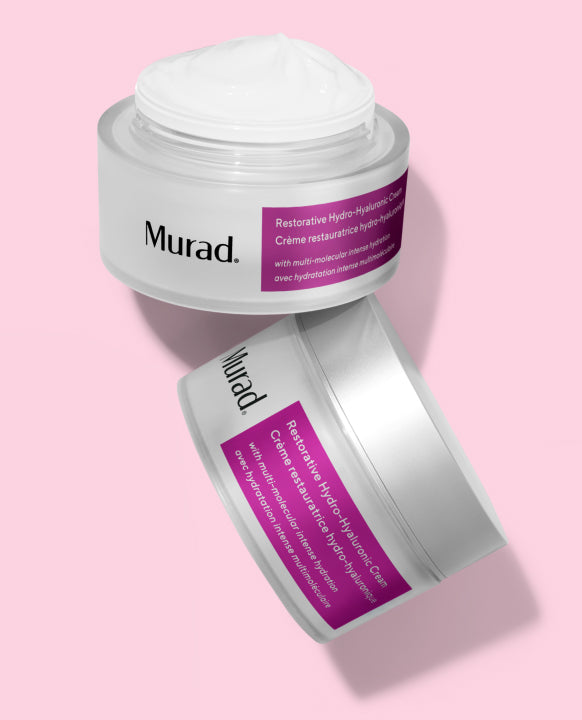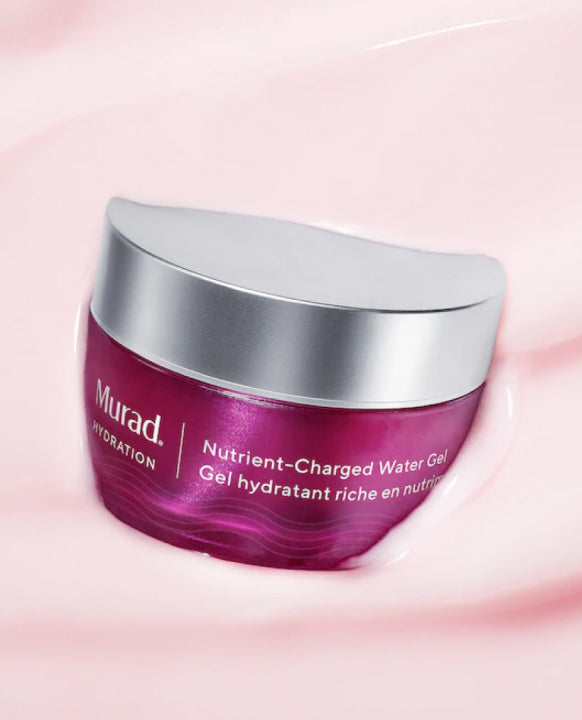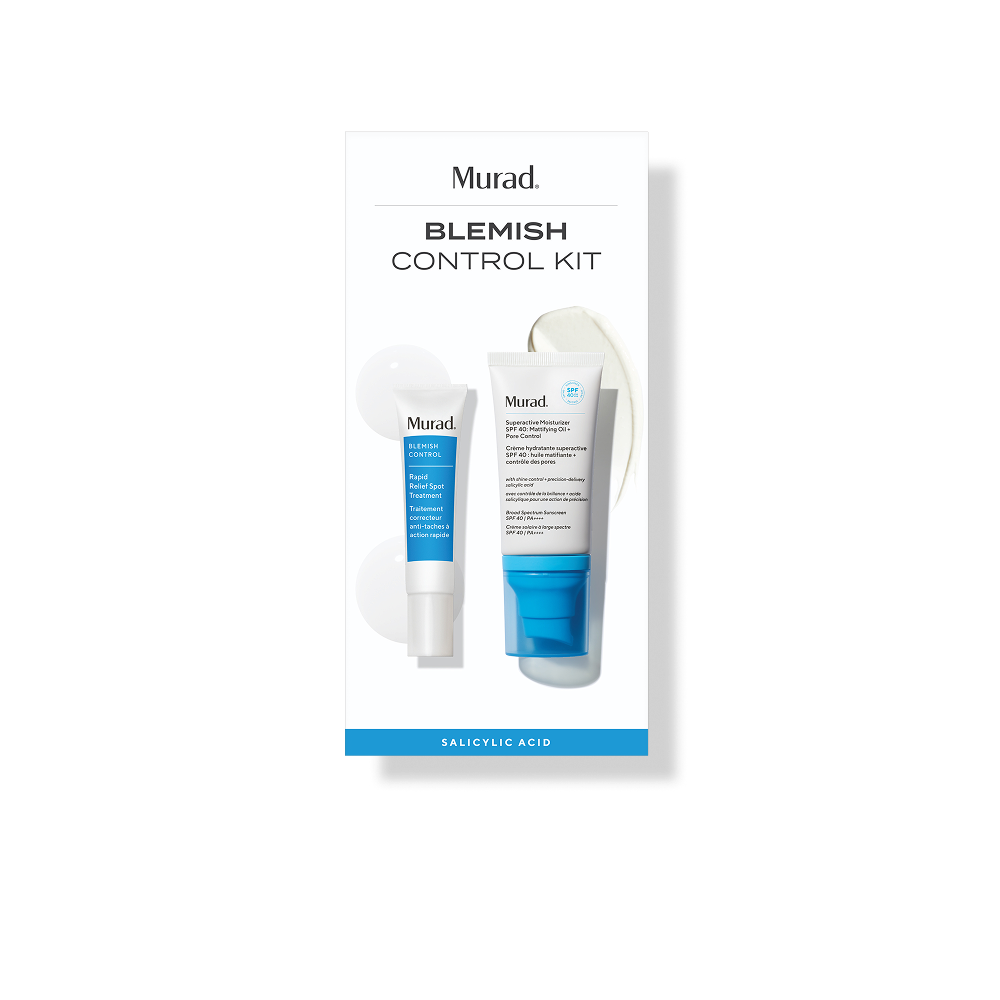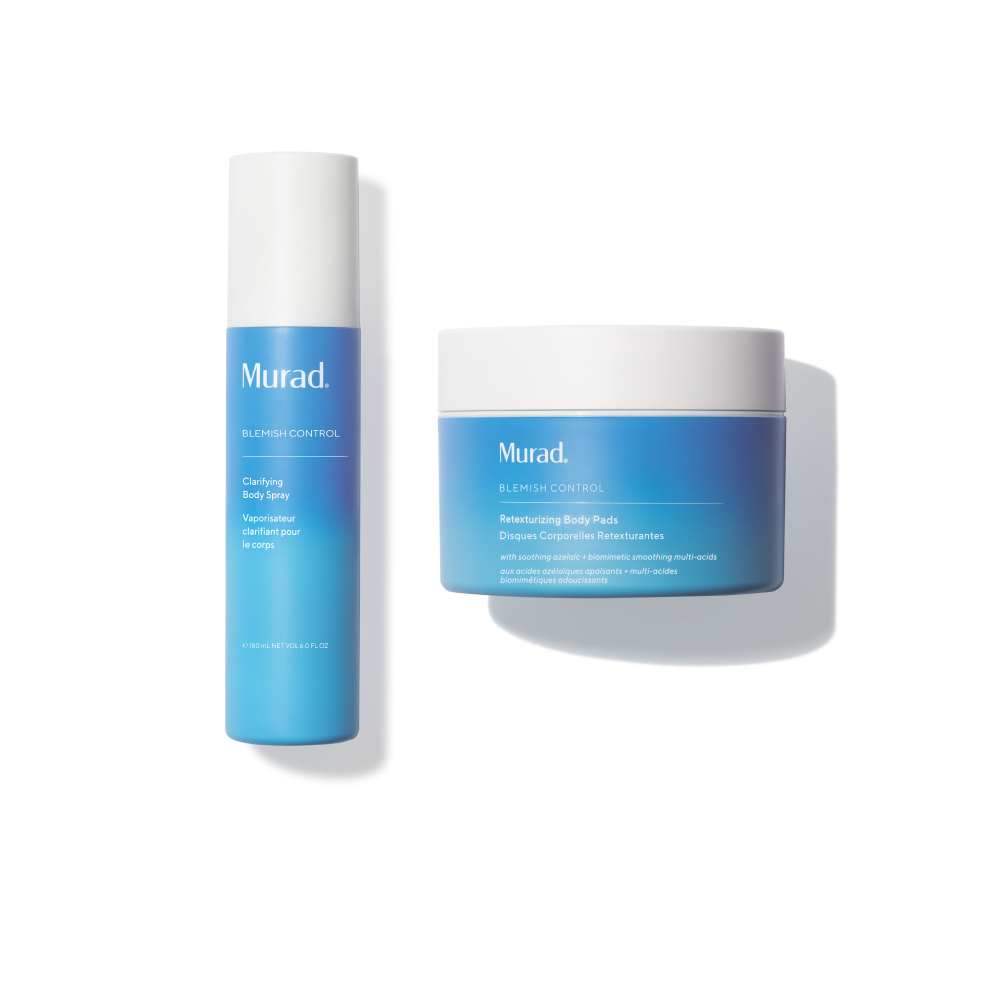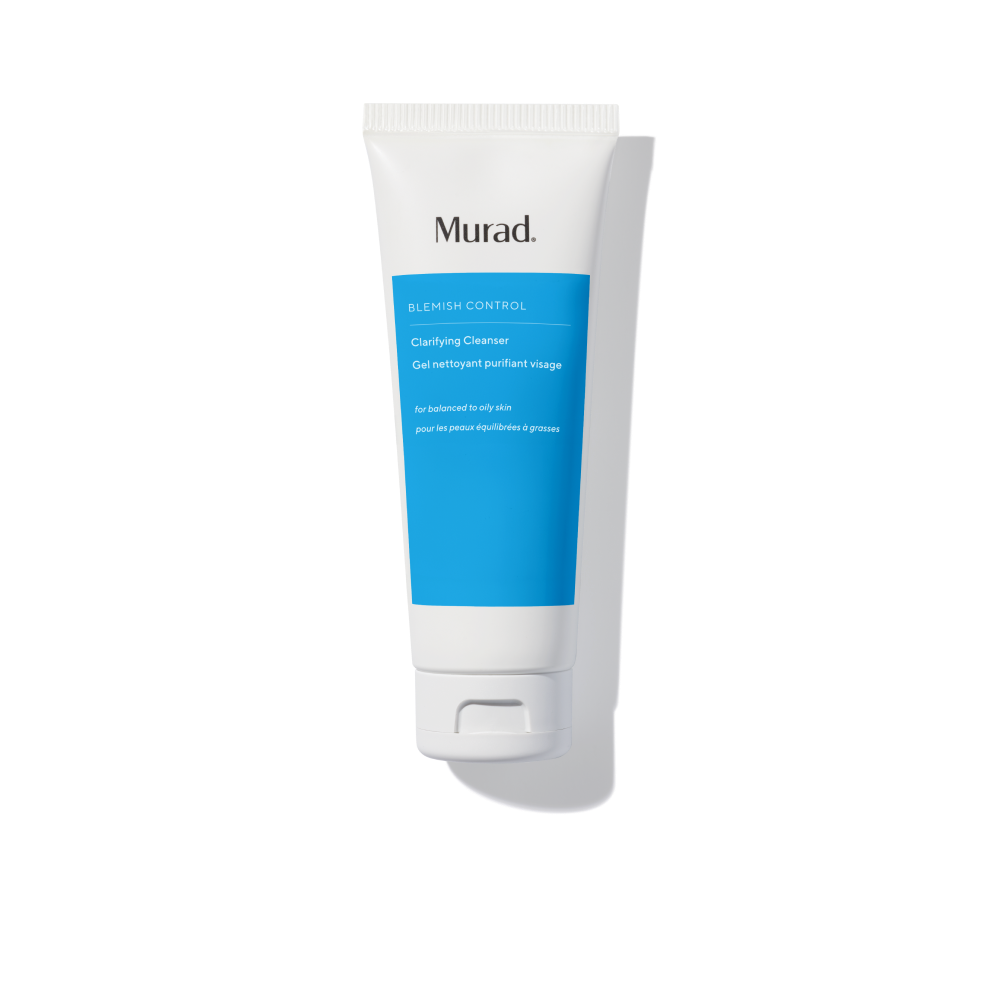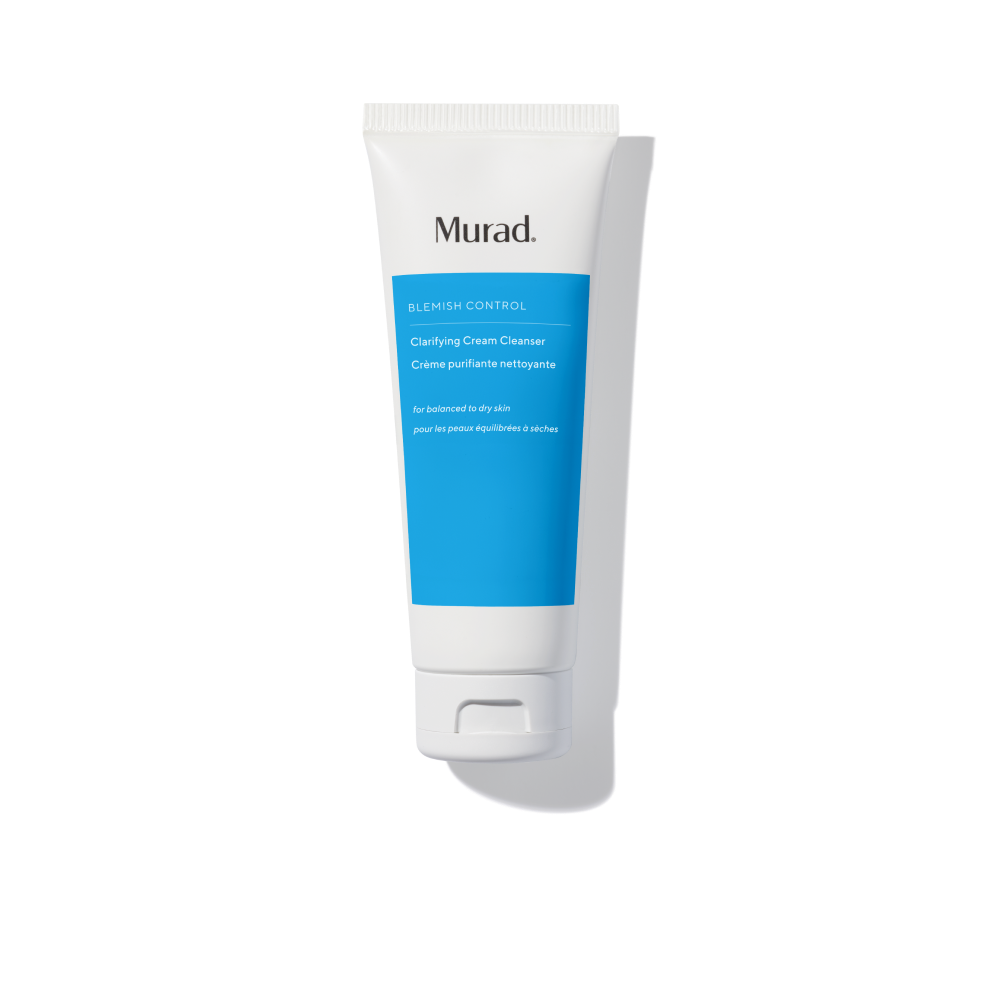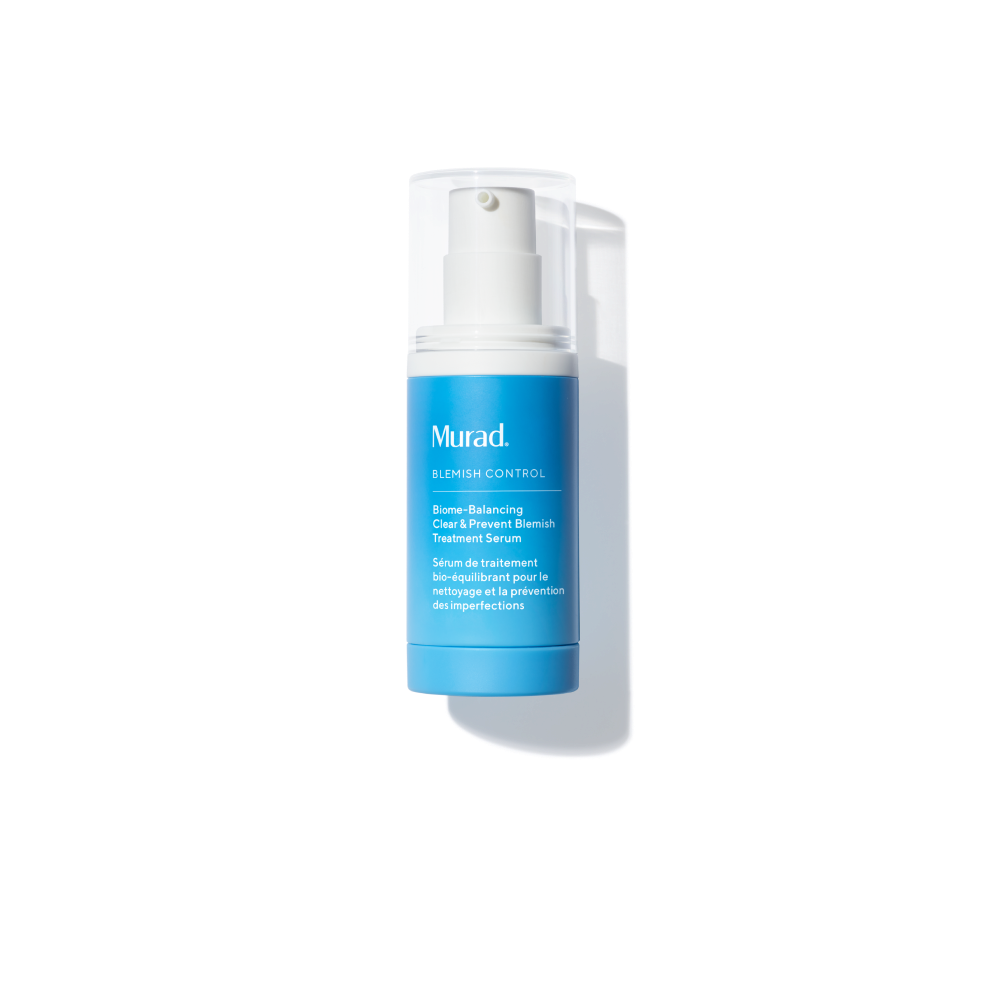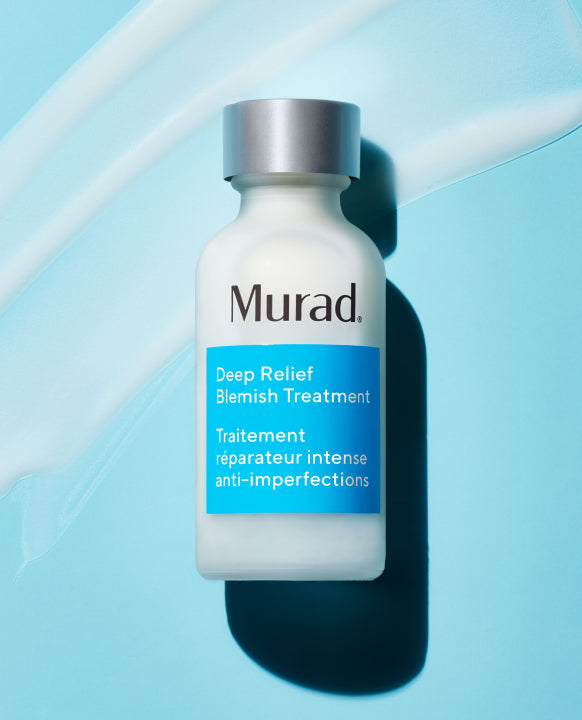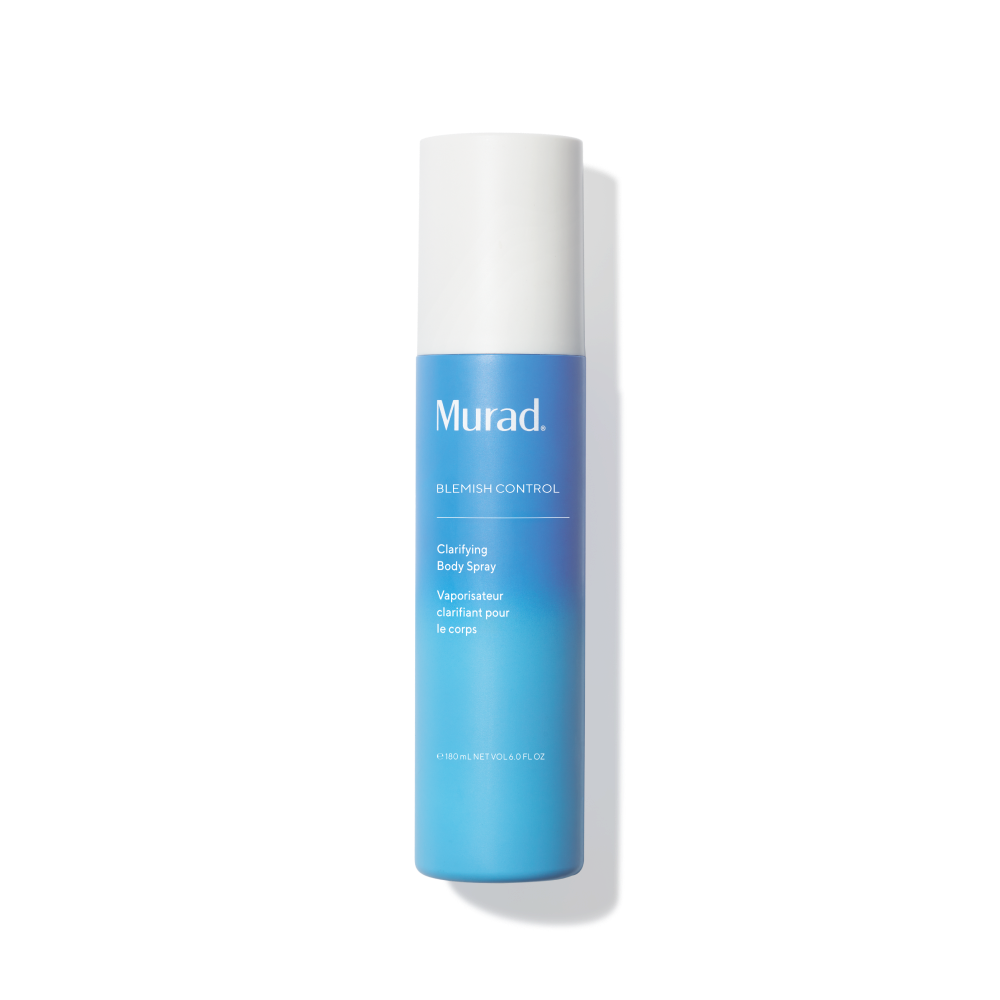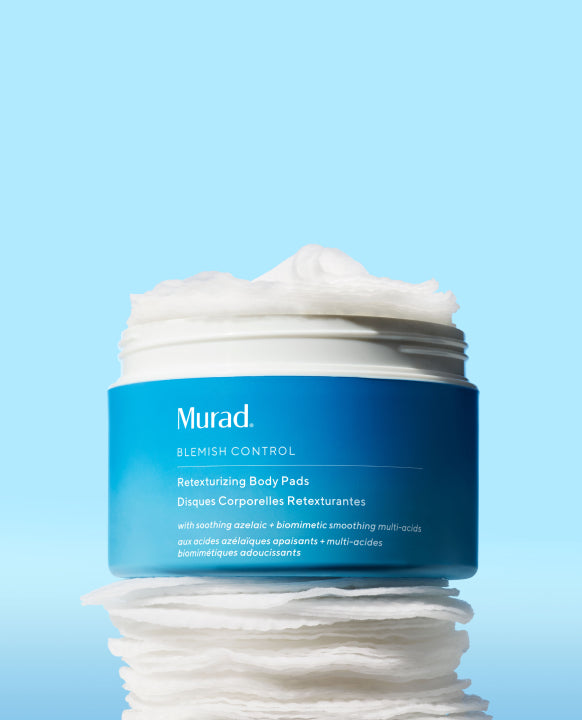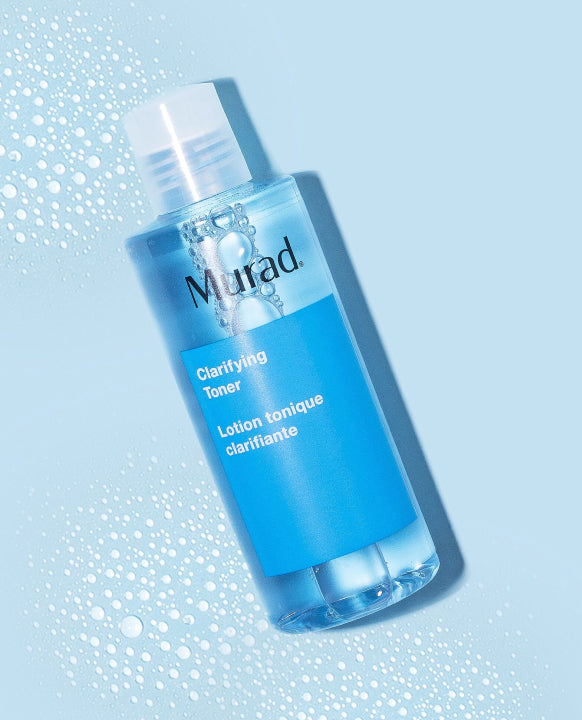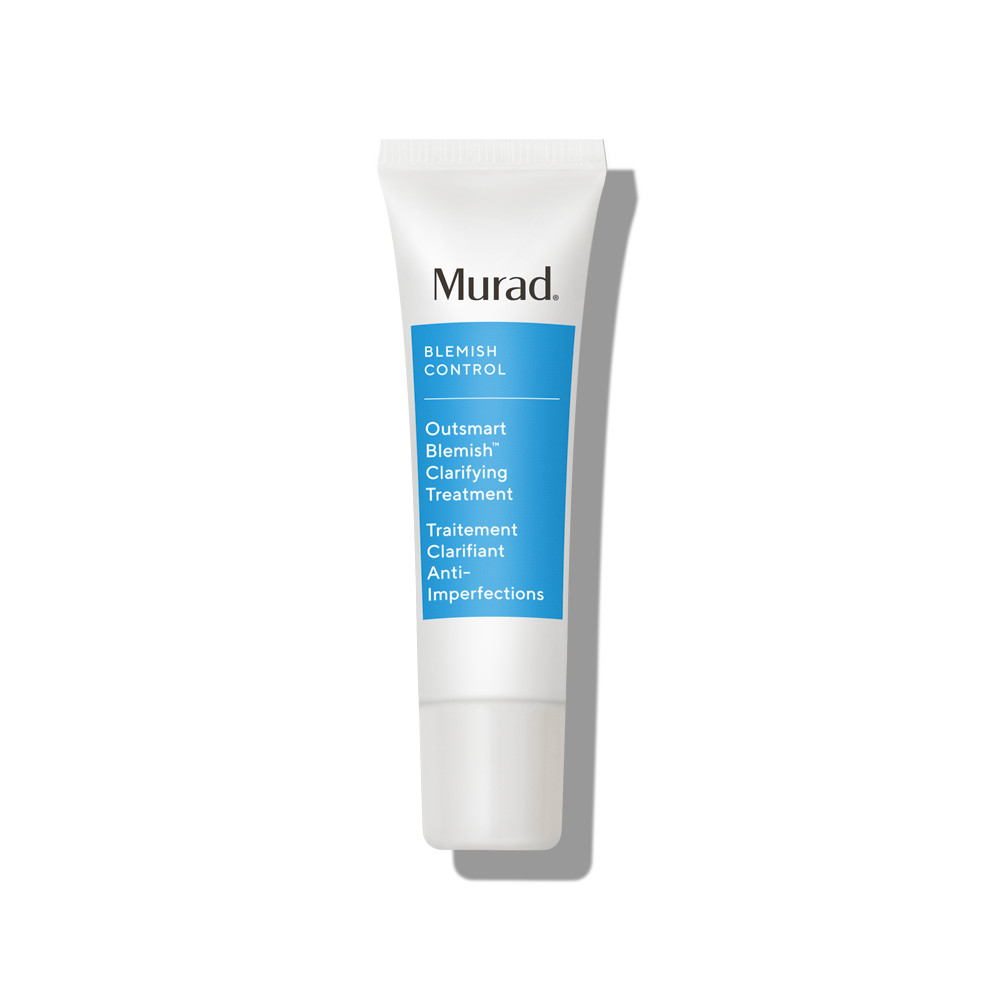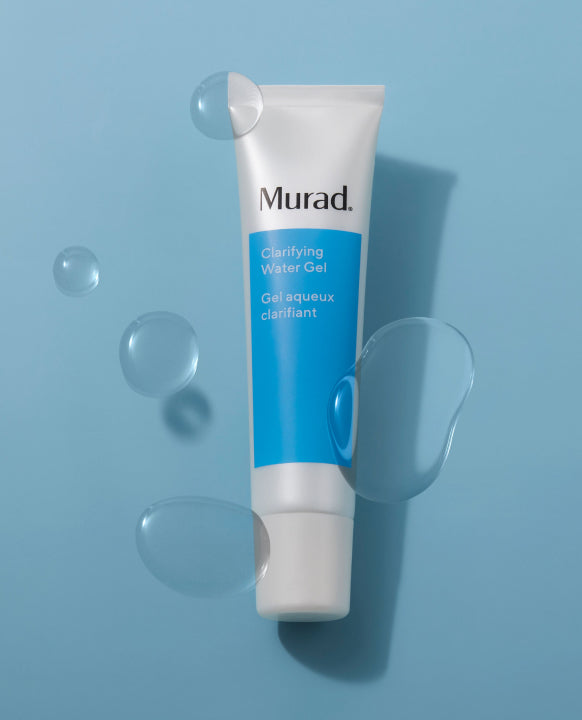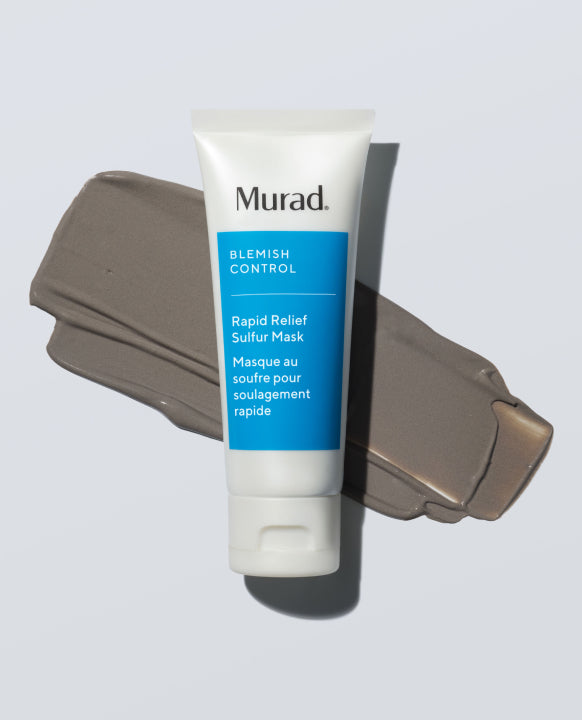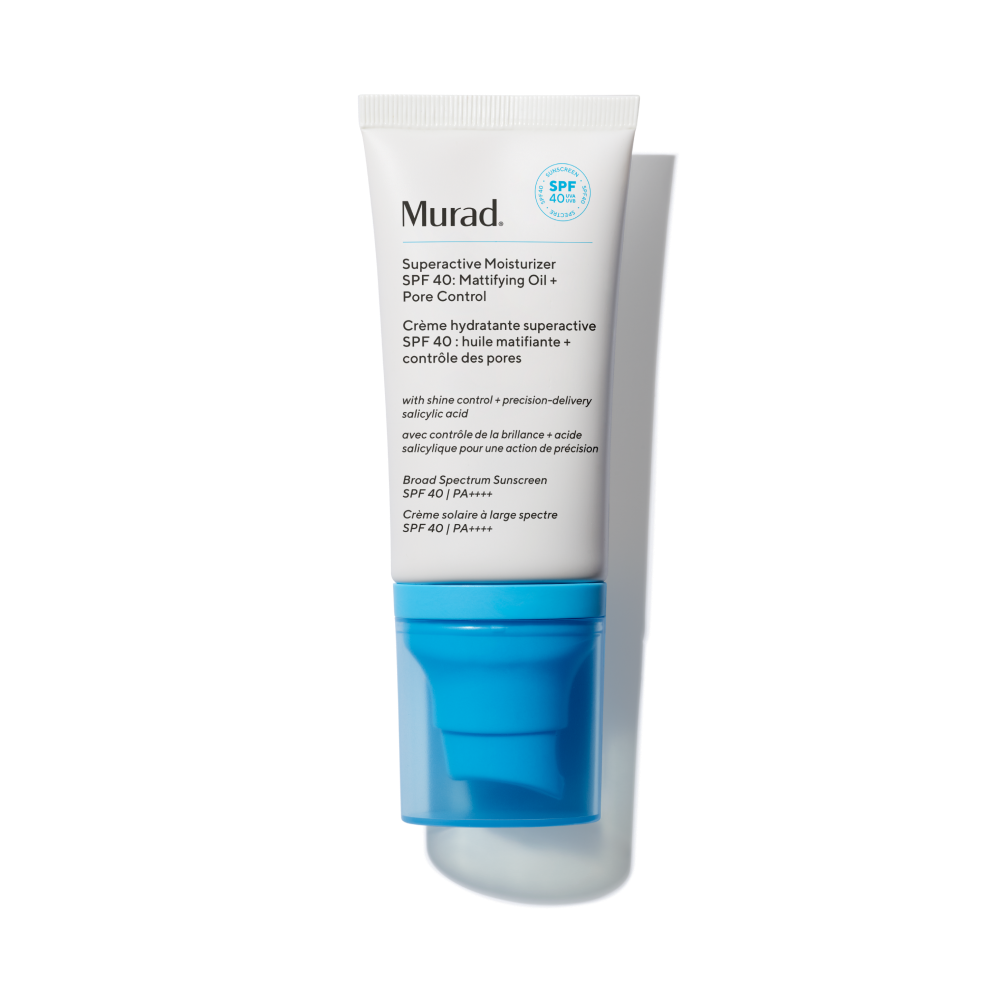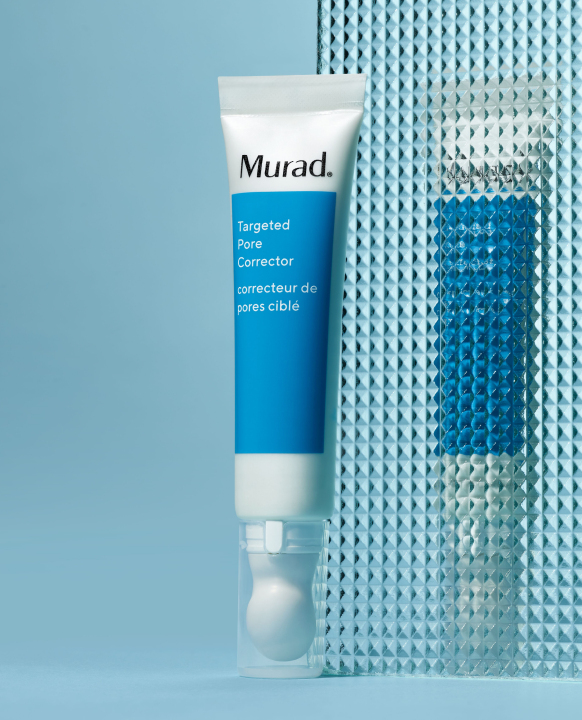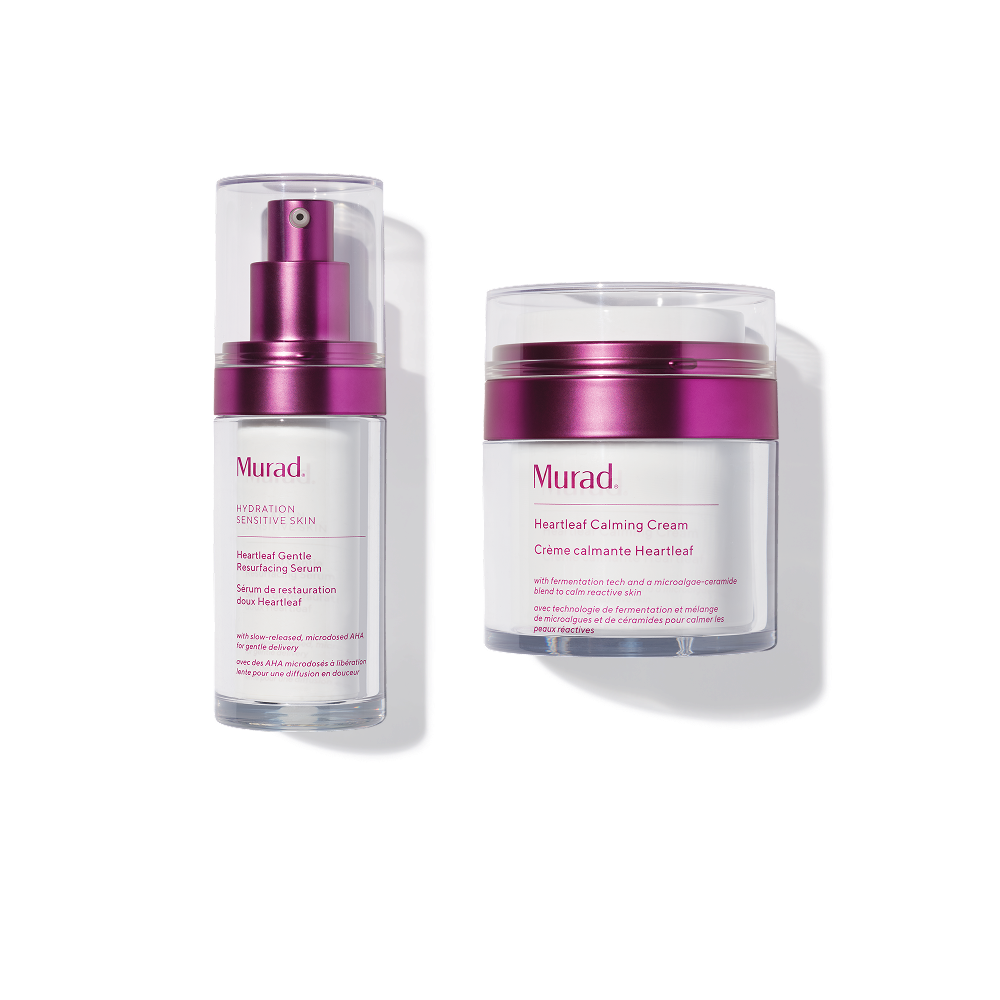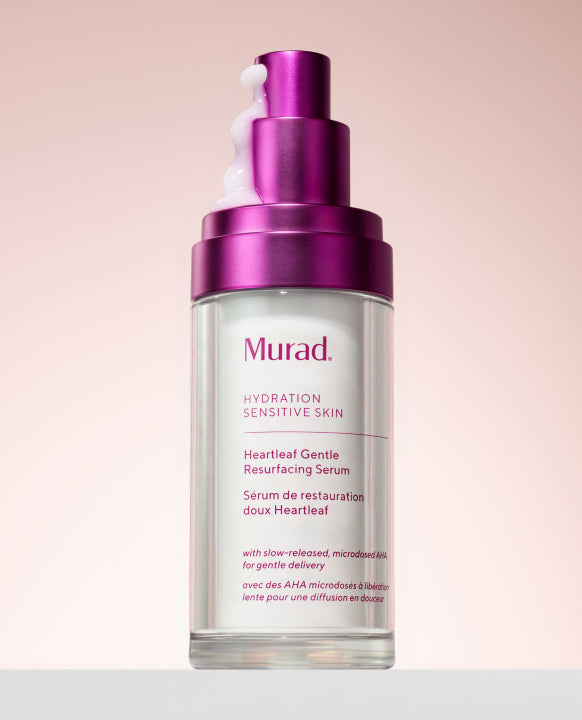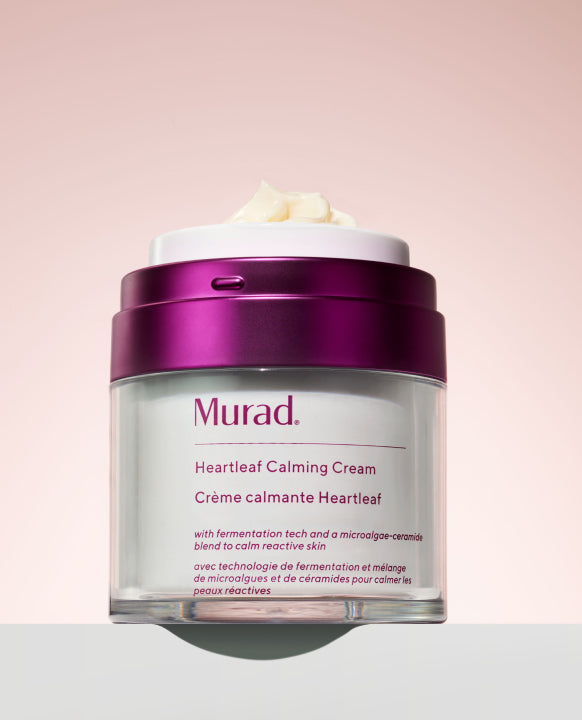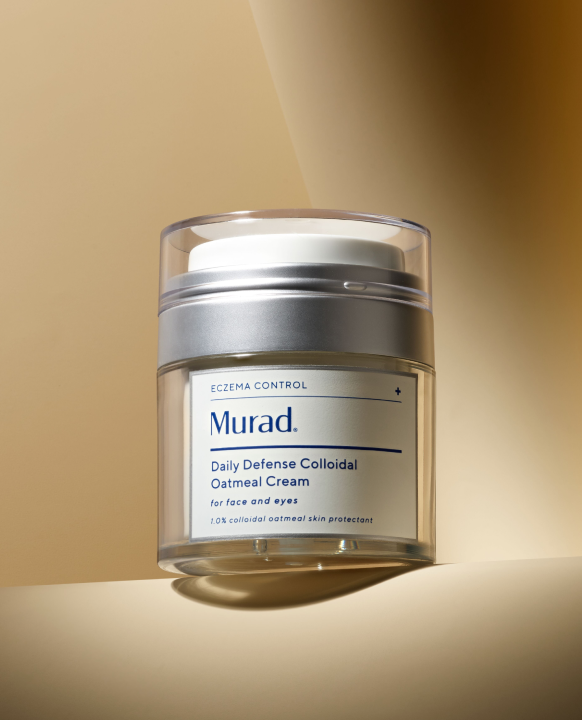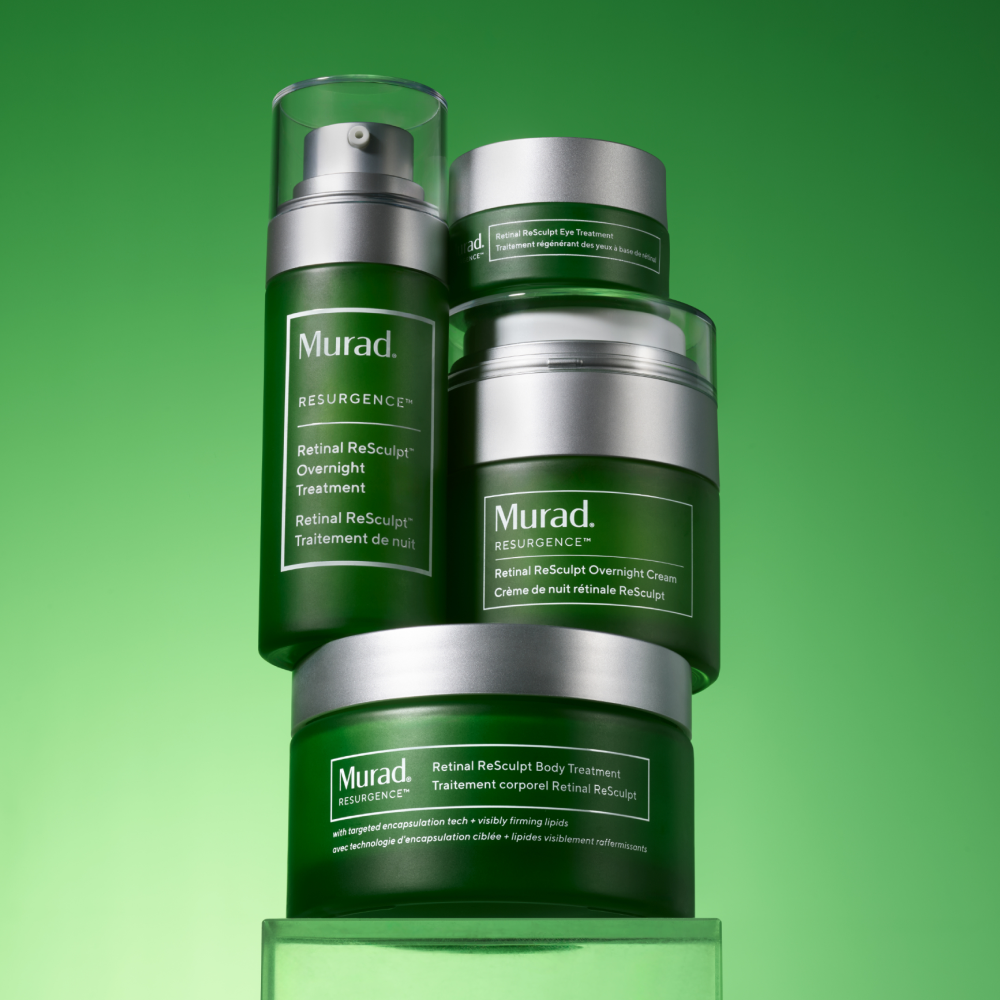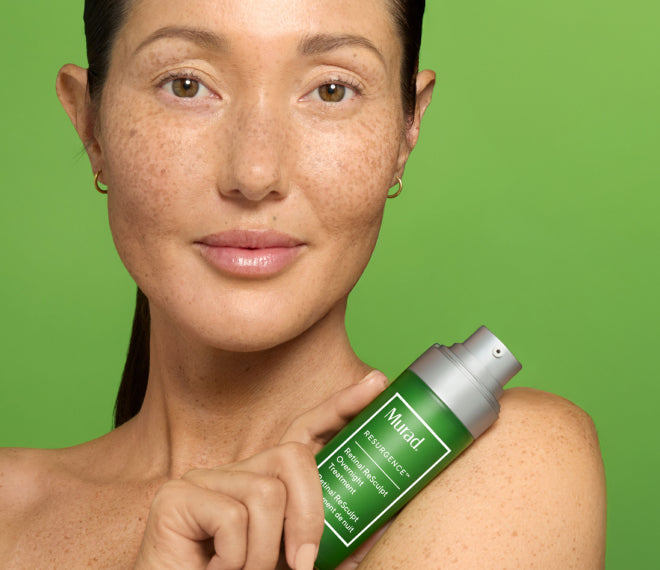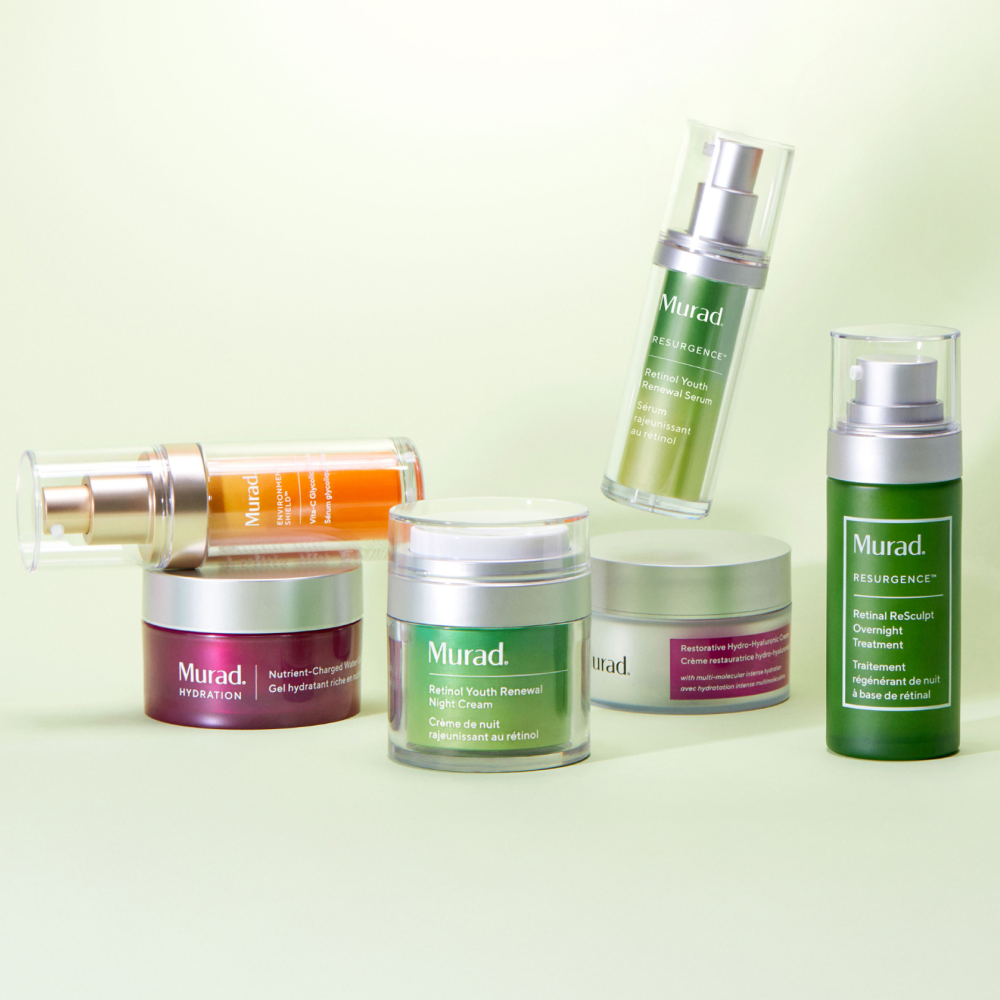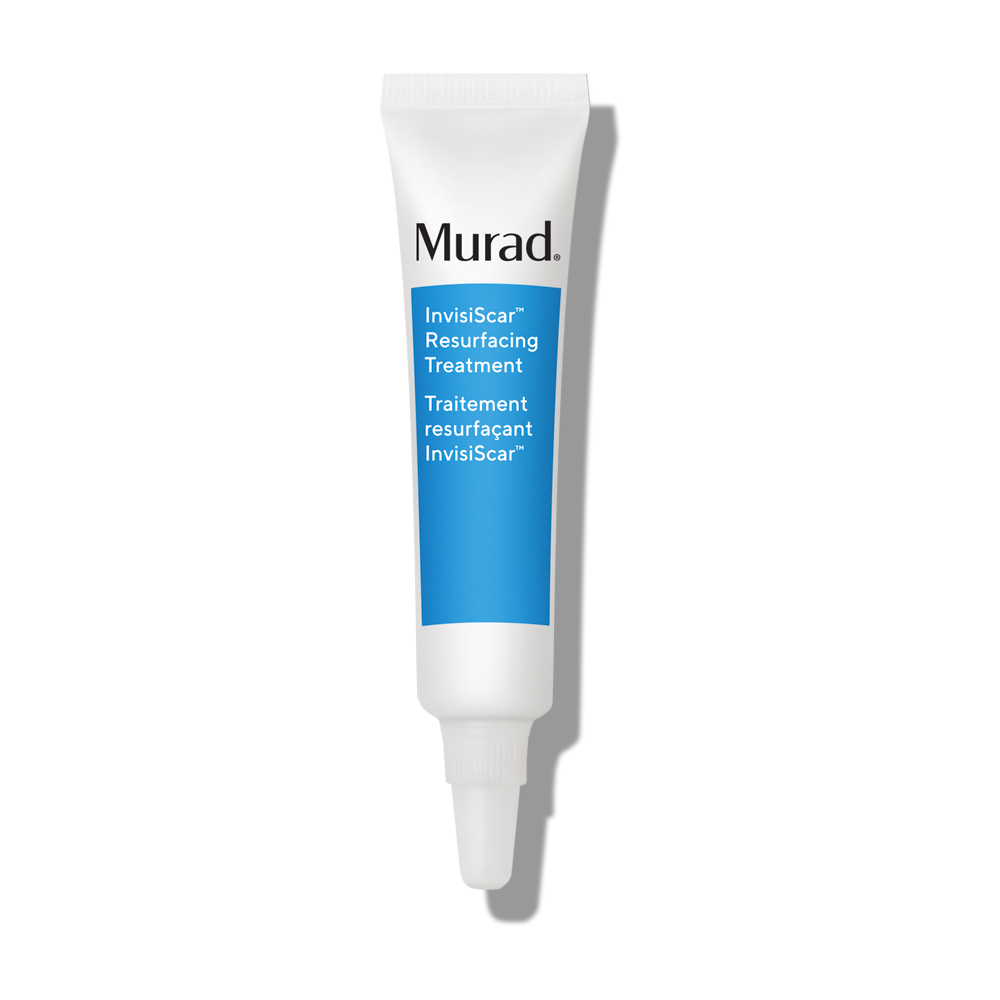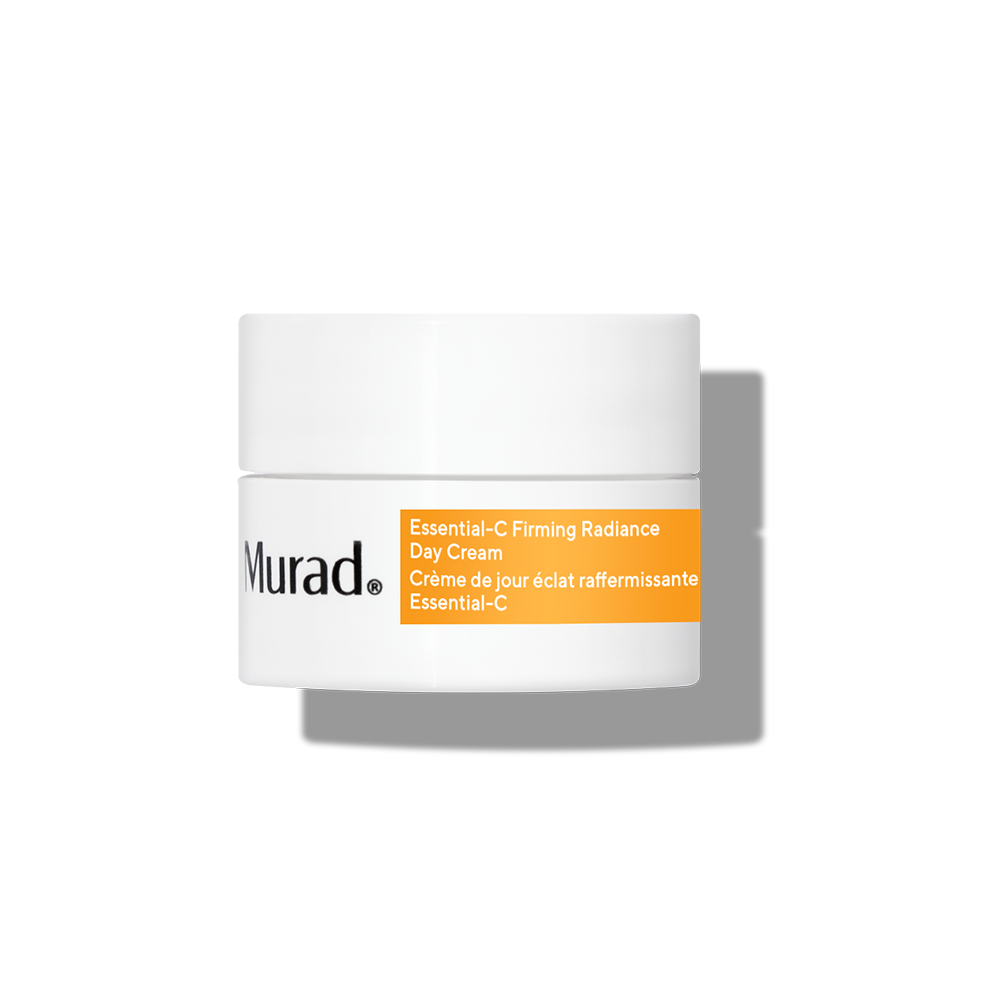Why We Need Vitamin C in Our Diet

Vitamin C is a water-soluble vitamin that is not stored in the body, so must be consumed regularly via food and/or supplements. It is probably best known for its role in the immune system with people paying special attention to this vitamin around cold and flu season. However, Vitamin C is also required for many other important functions in the body including the synthesis of collagen, which is required for the normal structure and function of connective tissues such as skin, cartilage and bones. It is therefore an important nutrient for wound healing and overall skin appearance.
Vitamin C is also a powerful antioxidant which prevents cell damage caused by unstable molecules in the body known as ‘free-radicals’. Antioxidants combine with and neutralize free radicals, which is important because left to their own devices free radicals damage cells. If our body becomes unbalanced with more free radicals than antioxidants, this can accelerate ageing and increase the risk of degenerative diseases such as cancer and certain types of heart disease and dementia.
Another important function of Vitamin C is its ability to increase the absorption of non-haem iron (iron from plant-based sources) when consumed in the same meal. This is because the vitamin C converts the iron to a more bioavailable form making it easier for the body to use. This can be achieved by adding some bell peppers to fajita wraps and tacos, or simply having a glass of orange juice with your meal.
Where can I find it?
The human body cannot make or store Vitamin C so it’s essential to consume it regularly in sufficient amounts.
Fruits and vegetables are the best sources of vitamin C, especially citrus fruits and berries; green vegetables, peppers, tomatoes and also potatoes. Certain foods are also fortified with vitamin C. Vitamin C can be destroyed by cooking at high temperatures. Steaming or microwaving appears to retain more vitamin C lost to cooking (1).
Good sources: ● Bell peppers ● Oranges ● Grapefruit ● Kiwi fruit ● Broccoli ● Strawberries ● Brussel sprouts ● Tomatoes ● Melon ● Potato ● Spinach ● Cabbage
How much do I need?
The reference nutrient intake* (RNI) of vitamin C for adults aged 19 and over is 40mg/day which you should be able to get from a healthy balanced diet inclusive of colourful fruit and vegetables. Taking large amounts >1,000mg, for example through supplementation, can lead to stomach cramps, diarrhoea, and flatulence. A high intake of vitamin C can also impair muscle recovery in athletes.
What happens if I don’t get enough?
Persistent lack of vitamin C in the diet can lead to a condition called scurvy. Symptoms include; bruising and bleeding, bleeding gums and loss of teeth, delayed wound healing, as well as fatigue and weakness. Fortunately scurvy due to vitamin C deficiency is rare in the UK. Certain groups of people are at greater risk, such as those with restricted diets and people with medical conditions that may prevent intake and/or absorption of vitamin C.
Conclusion
Vitamin C is an essential part of skin health due to its antioxidant properties and role in collagen synthesis. While research exploring the role of vitamin C in the diet on skin health is limited, a healthy balanced diet rich in a variety of colorful fruits and vegetables appears to be a good foundation for healthy skin.
Footnotes
*The RNI is the amount of a nutrient that is enough to ensure that the needs of nearly all the group (97.5%) are being met
Reference (1) Lee S, Choi Y, Jeong HS, Lee J, Sung J. Effect of different cooking methods on the content of vitamins and true retention in selected vegetables. Food science and biotechnology. 2018 Apr;27(2):333-42.
